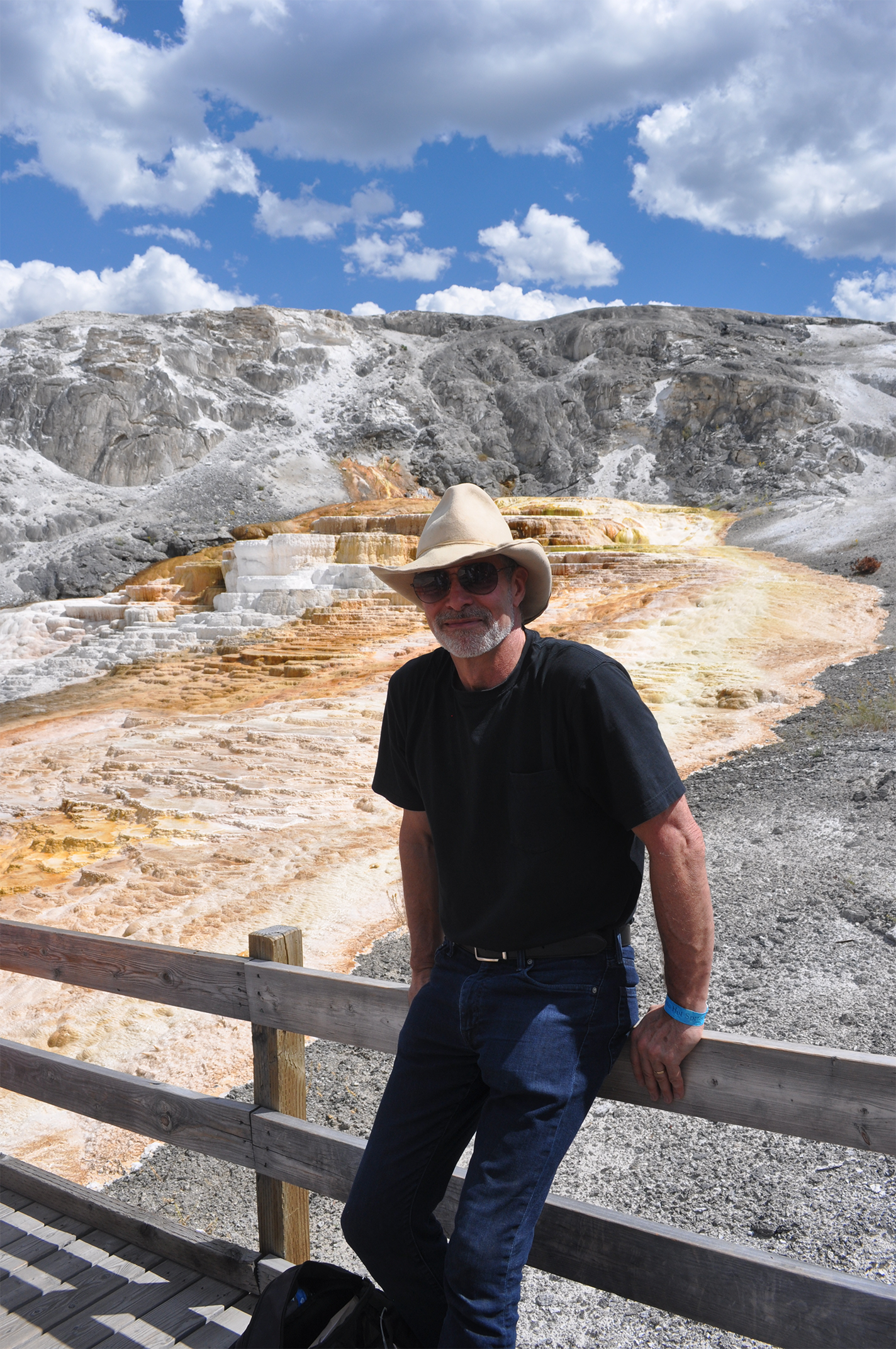I am presently enjoying "The Story of Earth" by geophysicist Robert Hazen. (I doubt I'd enjoy it if I were Young Earth, which would be a pity.) Anyway, here are two quotes from that book that to my mind, absolutely wallop David Hume's arguments against miracles:
 "The American statesman and naturalist Thomas Jefferson, upon reading the technical report from Yale University of a meteorite in Weston, Connecticut, quipped, 'I find it easier to believe that two Yankee professor...s would lie than that stones would fall from heaven.'"
"The American statesman and naturalist Thomas Jefferson, upon reading the technical report from Yale University of a meteorite in Weston, Connecticut, quipped, 'I find it easier to believe that two Yankee professor...s would lie than that stones would fall from heaven.'"
 "The American statesman and naturalist Thomas Jefferson, upon reading the technical report from Yale University of a meteorite in Weston, Connecticut, quipped, 'I find it easier to believe that two Yankee professor...s would lie than that stones would fall from heaven.'"
"The American statesman and naturalist Thomas Jefferson, upon reading the technical report from Yale University of a meteorite in Weston, Connecticut, quipped, 'I find it easier to believe that two Yankee professor...s would lie than that stones would fall from heaven.'"
See what this does to Hume's whole argument? Indeed, it sounds to me like a paraphrase of Hume. Hume thought that miracles could likewise be dismissed because they lay so far outside of normal experience, that it was more probable that any reports of them would be made-up. (Though I have met far more people who claim to have witnessed miracles than claim to have seen a rock identifiable as a rock fall from the skies.)
By contrast:
"Anomalies, whether in planetary orbits or North American weather, are not just inconvenient details to brush aside: they are the very essence of understanding what really happened: how things really work. We develop grand and general models of how nature works, and then we use the odd details (read: miracles) to refine the original imperfect model (or if the exceptions overwhelm the rule, we regroup around a new model.) That's why good scientists revel in anomalies." (42)
Which reminds us that miracles are not to be thought of as "violations" of nature's laws, but as events that fall into a higher pattern of which "natural" events form parallel and related patterns under the auspices of the Creator of all.
By contrast:
"Anomalies, whether in planetary orbits or North American weather, are not just inconvenient details to brush aside: they are the very essence of understanding what really happened: how things really work. We develop grand and general models of how nature works, and then we use the odd details (read: miracles) to refine the original imperfect model (or if the exceptions overwhelm the rule, we regroup around a new model.) That's why good scientists revel in anomalies." (42)
Which reminds us that miracles are not to be thought of as "violations" of nature's laws, but as events that fall into a higher pattern of which "natural" events form parallel and related patterns under the auspices of the Creator of all.
2 comments:
Jefferson was correct - given the data accessible to him it was more probable that the researchers were lying. What's the next step? We allow Jefferson to examine the rocks, more rocks are found, the contents of the rocks are shown to be anomalous from Earth-rocks, etc... At some point, the evidence rises over the threshold for belief.
Can we say the same things about miracle claims? Not. At. All.
Jefferson was wrong, because he didn't allow enough for his own gross ignorance of the phenomena in question.
Perhaps you are committing the same or a similar error. Of how much of the evidence for miracles are you aware?
Post a Comment